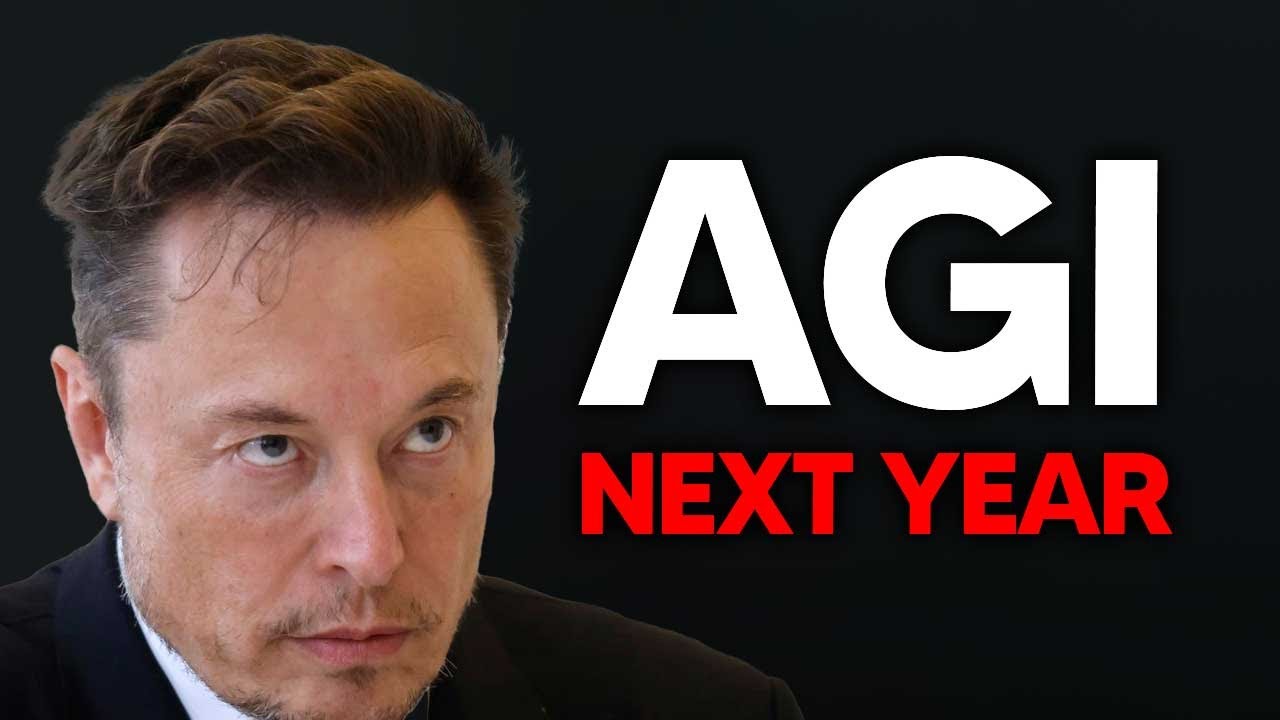Meta is focusing on developing AI agents that can complete tasks without human supervision and is working on a paid version of its AI assistant similar to Google’s chatbots. Elon Musk predicts that artificial general intelligence (AGI) will be achieved next year, while advancements in AI technologies show ongoing efforts to enhance safety, control, and interpretability.
In the recent news, Meta is developing a paid version of its AI assistant resembling Google’s and other top companies’ chatbots. Additionally, Meta is working on AI agents that can complete tasks without human supervision, focusing on the future of AI agents rather than just language models. The company is also developing an engineering agent to assist with coding and software development, aiming to monetize agents for business advertising on Meta’s apps. This shift towards AI agents signals a new direction in AI technology, with potential releases expected around late 2024 to early 2025.
Elon Musk made a bold prediction that artificial general intelligence (AGI) will be achieved next year, sparking discussions on the interpretation of his statement and the implications for the future of AI development. Meanwhile, OpenAI showcased a demo at VivaTech featuring Sora’s voice engine and chat GPT for creating comprehensive content efficiently, highlighting the collaborative potential of AI technologies. Eric Schmidt’s remarks on containing powerful AI systems in military bases due to their dangerous capabilities raised concerns about regulating AI development for safety and security.
The emergence of the Ye Large model by 01 DoAI has surpassed GPT-4 and other leading AI models in benchmarks, indicating ongoing advancements in AI capabilities beyond the current state-of-the-art. Research on the Golden Gate Clawed model revealed how AI systems form connections and activations based on concepts like the Golden Gate Bridge, offering insights into AI interpretability and predictability. By understanding these internal workings, researchers aim to enhance AI control and safety through interpretability research efforts.
The Golden Gate Clawed’s responses to prompts demonstrated how AI systems can associate unrelated concepts, shedding light on the inner workings of AI models and their thought processes. This interpretability research aims to address the black-box nature of AI systems and improve understanding and predictability. Through surgical changes to the model’s internal processes, researchers are gaining insights into how AI systems process information and make connections, paving the way for more controllable and transparent AI technologies. Overall, these developments in AI technology showcase the evolving landscape of artificial intelligence and the ongoing efforts to enhance safety, control, and interpretability in AI systems.
